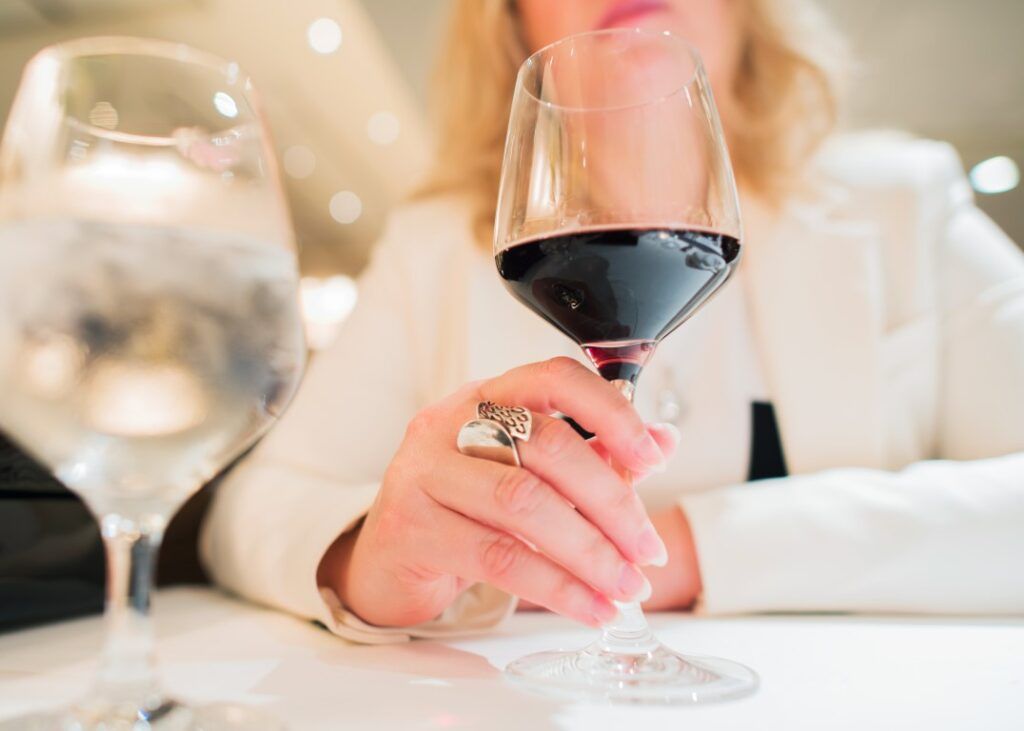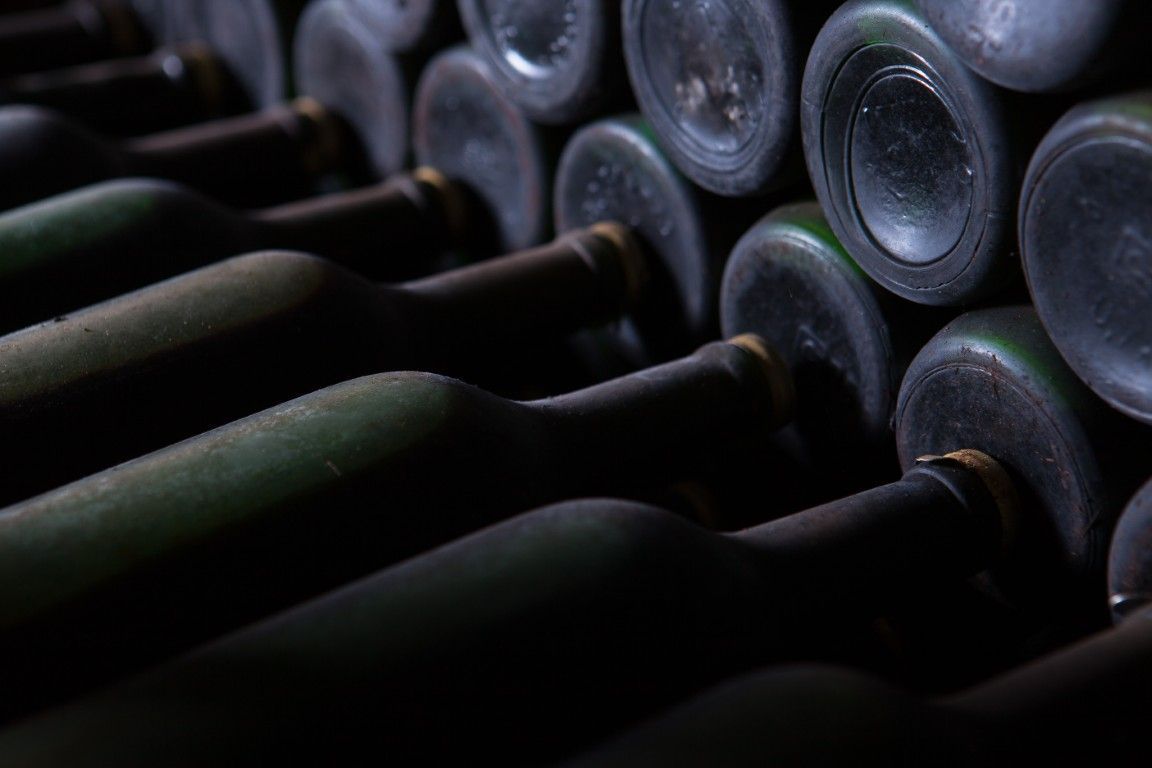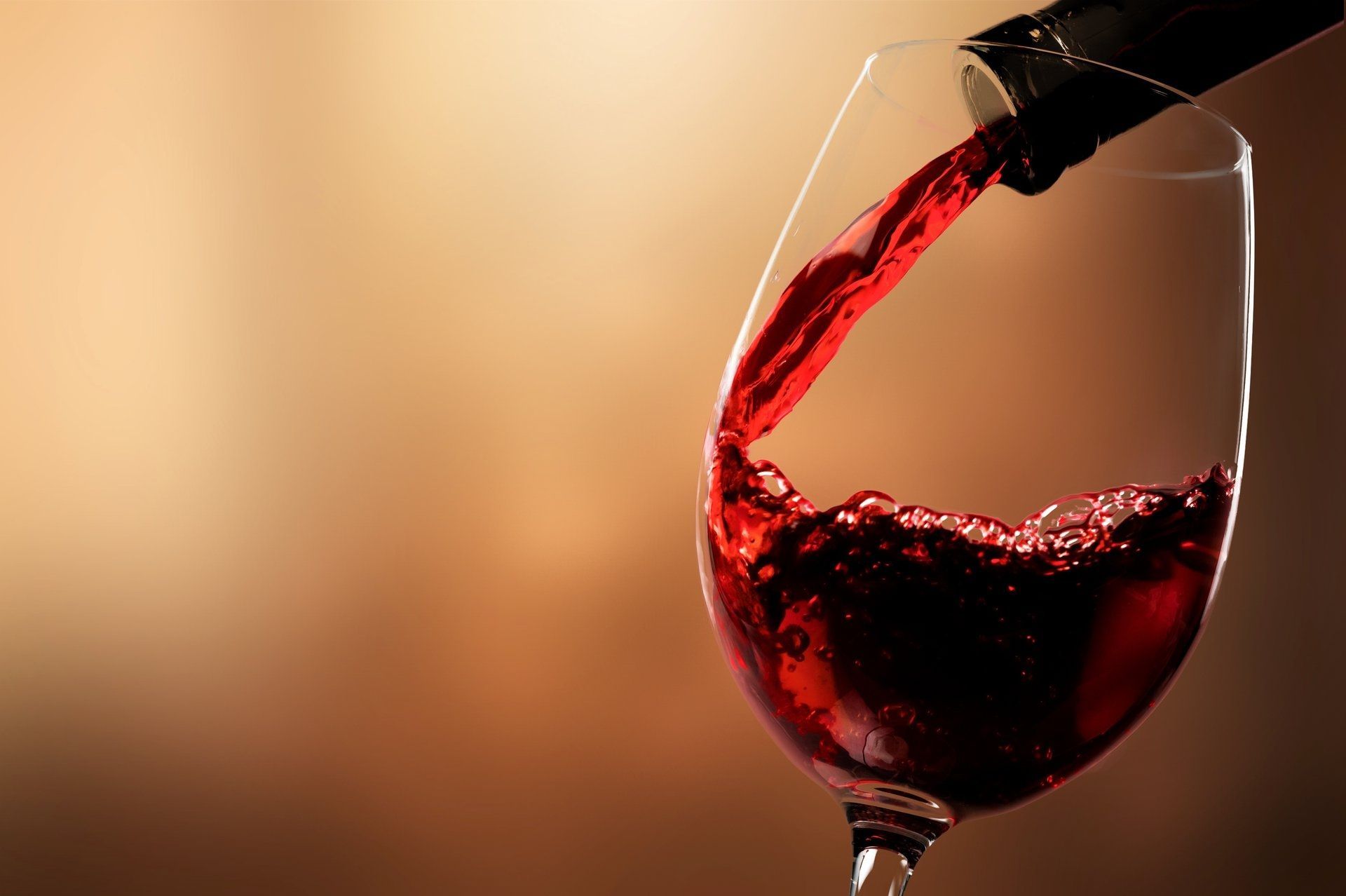Wine stoppers are more than just an item that helps preserve the content within its container. They also contribute to aesthetics, brand branding, and the overall experience. Additionally, there’s a characteristic ritual when uncorking wine, which includes the sound of the bottle opening, the “pop,” that is lost, for example, with screw caps. So, if you believe that when opening a bottle of wine, tradition should be combined with innovation, you’ll likely end up choosing synthetic stoppers. But you’ll discover that after joining us on this journey through the different options available to seal your bottle.
Types of Wine Stoppers
Although there are several types of stoppers and materials to make them, they can be summarized into three: natural, synthetic, and screw caps. Each has its pros and cons, clearly, but of the three, the most innovative is synthetic and it’s closely following natural cork thanks to its benefits. Let’s analyze each type to draw conclusions.
Natural Cork Stoppers
Natural cork stoppers are the most traditionally used in wine bottles. They’re made of 100% natural cork, extracted from the bark of the cork oak tree. A tree that, by the way, is mainly cultivated in the Iberian Peninsula and is increasingly scarce due to drought and the regeneration of cork oak forests, a situation that leads to an increase in the cost of this material.
The main advantages of natural cork are:
- Allows wine oxygenation: necessary for the wine’s evolution and maturation in the bottle.
- Natural material: cork is a 100% natural and renewable material.
- The traditional stopper: conveys prestige, quality perception, and tradition, being associated with great wines.
But they also have some potential disadvantages, including some that have always concerned producers:
- Can impart aromas and flavors to the wine if contaminated with mold or other compounds (TCA). The famous “cork taste” that can ruin a wine, even the most expensive ones.
- Variability between stoppers: each cork is different, and the oxygenation cannot be controlled as precisely.
- The most expensive option: natural cork keeps getting more expensive, the circumstances surrounding its production don’t seem to indicate a future price decrease.
Synthetic Stoppers
These stoppers are made of synthetic materials. They’re manufactured by obtaining a thermoplastic through polymerization of hydrocarbons or BIO raw materials like sugarcane, which is then injected into a mold with the shape of the stopper. They can almost perfectly mimic the physical and visual properties of natural cork.
The main advantages of synthetic stoppers are:
- Excellent sealing: being precisely manufactured, by molding, they seal the bottle more uniformly than cork.
- Neutral: being synthetic materials, they don’t impart strange odors or flavors to the wine.
- Durable and resistant: they last a long time and don’t fragment into small pieces like natural cork.
- Economical: cheaper than natural stoppers.
- Customizable: they can mimic the aesthetics of cork or be manufactured in different colors and finishes. They are easily screen-printable.
Not all synthetic stoppers are the same; it’s essential to choose a supplier or manufacturer of synthetic stoppers that offers a quality product.
Screw Caps
These metal or plastic caps screw onto the bottle neck instead of fitting like traditional stoppers. Their pros and cons are:
- 100% airtight, as the screw closure completely prevents the passage of oxygen inside.
- Easy to open and close without needing a corkscrew.
- Do not contaminate the wine with flavors or odors.
On the other hand, they also have some disadvantages:
- Do not allow oxygen exchange, which is not suitable for the evolution of many wines.
- Consumers associate them with lower-quality wines.
- Require adapting the bottle neck to the screw during manufacturing.
They are ideal for wines that do not need oxygenation during that time to develop their potential.
Factors for Choosing the Perfect Wine Stoppers
Apart from the material, to choose the ideal wine stopper, other factors that can be decisive must be taken into account.
Type of Wine
The characteristics and variety of wine are important factors when choosing the stopper:
- Reserve red wines need natural cork to allow micro-oxygenation.
- Young white, rosé, or red wines can benefit from synthetic stoppers to perfectly preserve their freshness.
- Sparkling wines require stoppers with good sealing to preserve the bubbles, so synthetic stoppers are ideal again.
Storage Time
The time the bottle is expected to be stored before consuming the wine can also be decisive:
- If the wine is to be stored for two to four years, the synthetic stopper is a good choice.
- For aging or reserve wines that require longer storage, natural cork is usually the favorite option.
Personal Preferences
Of course, the consumer’s aesthetic and cultural preferences also influence the choice of stoppers:
- Some value more the tradition and ritual of uncorking the bottle.
- Others seek the practicality and ease of opening of screw or synthetic stoppers.
- The design and visual appearance of the stopper can be important for some people.
Care and Considerations When Using Stoppers
There are some useful tips applicable to most wine bottle stoppers that help care for their contents:
- Storing wines horizontally is essential to keep the stopper moist and in contact with the wine, preventing it fromdrying out too much.
- Turning the bottle slightly from time to time also helps moisten the stopper all around and focus on the neck.
- Never reuse used stoppers to bottle wine, always use new stoppers.
- Visually inspect the stopper when uncorking to check its condition and detect possible defects. A fragmented stopper can allow excess oxygen to pass through and spoil the wine.
Synthetic Stoppers vs. Natural Cork Stoppers
Which of the two options is better? After the journey we’ve taken through the different types, it can be concluded that synthetics tend to be better in terms of price, sealing, and to prevent wine contamination with flavors or odors. On the other hand, natural cork remains the best option for reserve or grand reserve wines. In summary, the choice of the ideal bottle stoppers depends on the type of wine, the expected storage time, and the consumer’s personal preferences. It’s best to try different options of stoppers natural, synthetic, and screw, to find the one that best preserves the aromas and qualities of the wines. It’s also advisable to seek the advice of stopper manufacturers, as they know perfectly well the characteristics of their product, its greatest virtues, and limitations. At Excellent Cork, we are experts in high-quality synthetic stoppers for all types of wines and spirits. Our stoppers can last up to four years, guaranteeing the perfect preservation of wine. They are made with first-class raw materials and following strict controls. Additionally, we also have sustainable options, synthetic corks that are 100% recyclable and biodegradable. Check out our catalog of synthetic stoppers for wines and spirits, or request samples without obligation to check the excellent quality.
“`





